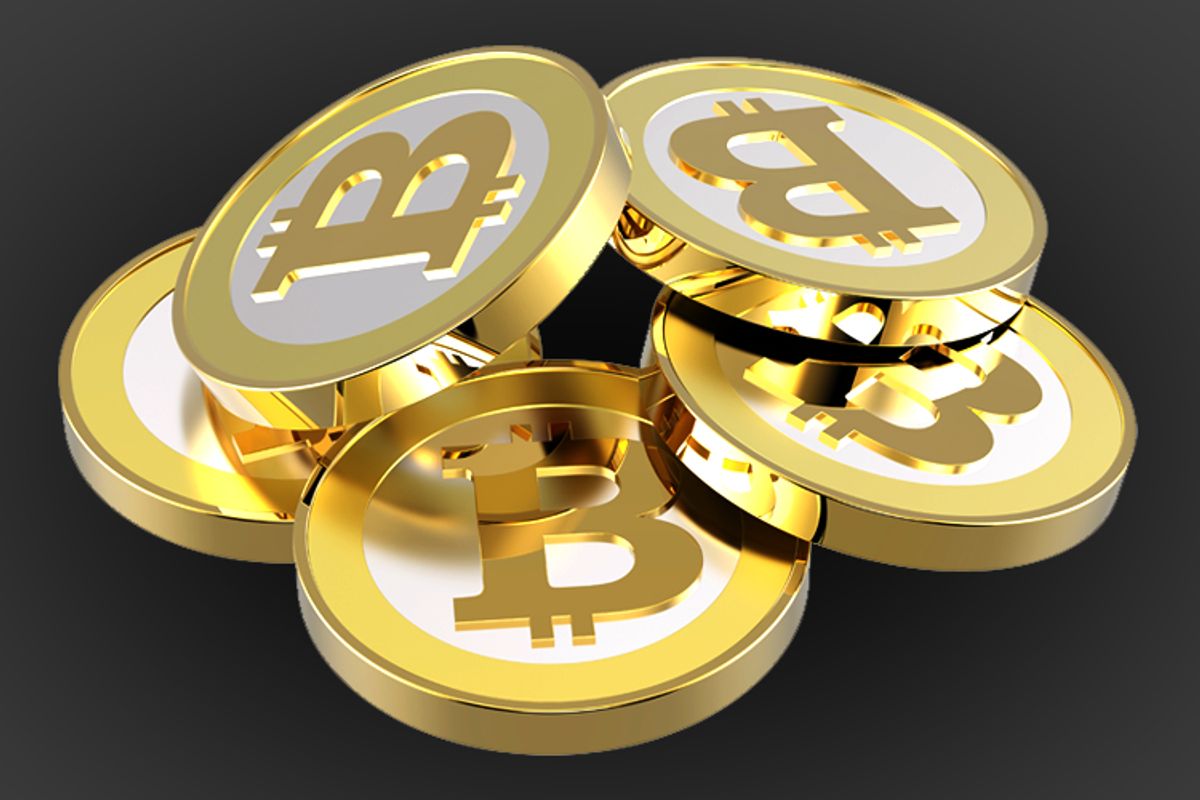When Salon published my story "A Libertarian Nightmare: Bitcoin Meets Big Government," less than two weeks ago, the value of a single Bitcoin in U.S. dollars hit an all-time record of $72. On Wednesday morning, Bitcoins were trading at $147, and press coverage of the "cryptocurrency" had risen in parallel.
You might be wondering why people are making Bitcoin jokes in your Twitter stream. Simple: When a unit of currency rises in value from $13 in January to $147 in April we are witnessing the very definition of a speculative bubble. And when that currency is the preferred denomination for libertarian hackers who believe passionately that they have finally found a tool that will allow them to "starve the beast" of big government, well, it's hard to resist rubbernecking.
But when people start comparing the rise in price of a commodity to tulips it is time to get out.
Sure enough, by late Wednesday afternoon Bitcoin appeared to be in the middle of a crash. The circumstances of the crash are worth noting, albeit mysterious. Mt. Gox, a Japan-based exchange that is by far the largest Bitcoin clearinghouse, was knocked offline for at least an hour Wednesday. Whether this was because of high demand for Bitcoins, or the result of a denial-of-service attack masterminded by mischievous hackers, or simply Felix Salmon's fault (the noted financial blogger published a 5,000-word critique of Bitcoin on Wednesday), is impossible to say at this point. What we do know is that in the aftermath of Mt. Gox's difficulties, the trading value of a Bitcoin dropped by at least $30.
Of course, even at $115 or so, the value of a Bitcoin is still far higher than it is has been for the majority of its three-year existence. So maybe this is a bump in the road. But people looking for a medium of exchange that is safer than the much maligned "fiat currencies" backed by "statist" governments might do well to be cautious. Bitcoins are "mined" by applying massive computer power to the solution of complex mathematical problems. Designed by hackers, manufactured by hackers, beloved by hackers -- everything associated with the Bitcoin infrastructure is also a natural target of hackers.
Maybe we're just living through the birthing pains of tomorrow's transcendent currency, the trial-by-hacker fire that ensures Bitcoin can survive the rigors of any future test. Like everyone else, I'll be watching with interest to see what happens. But I'm not ready to convert my own hard-earned cash. The lesson so far seems to be that as Bitcoin attracts greater interest from the world at large, it is becoming more volatile and more attractive to troublemakers. Fun to watch, but not a good idea for a college savings account.



Shares